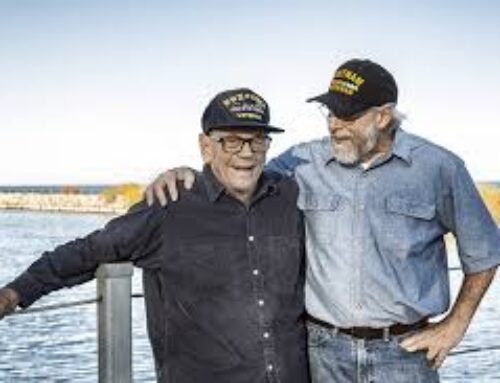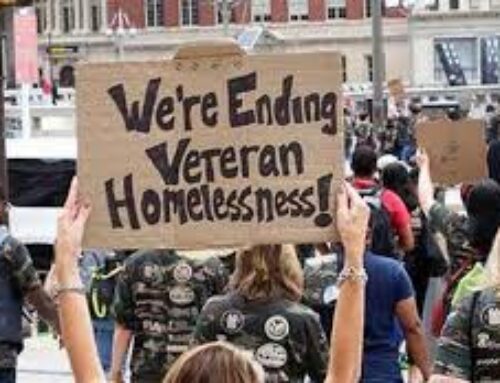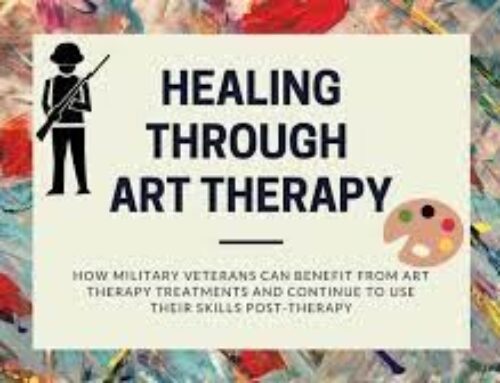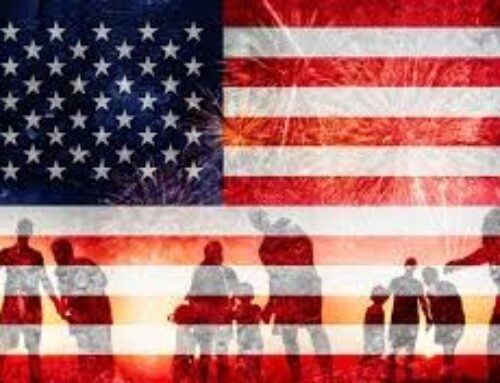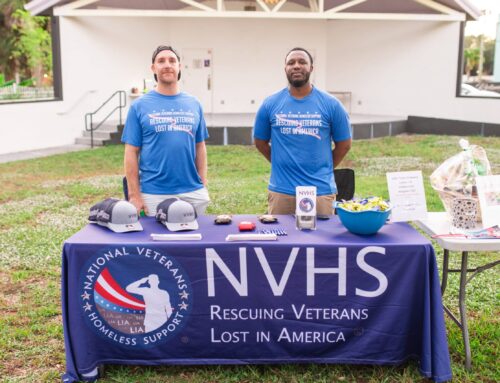The Importance of Community Support for Veterans
For those who have served their nation, transitioning back to civilian life can present unique challenges. That’s where community support for veterans comes into play. In fostering an environment of unity and respect, communities can play an instrumental role in helping veterans feel valued and integrated. This article sheds light on the importance of community support for veterans and highlights various ways this support can be provided.
Transition Challenges and the Need for Community Support
Returning to civilian life after military service is often a complex process. Veterans may grapple with adjusting to a different pace of life, finding meaningful employment, dealing with physical injuries, or coping with mental health issues like post-traumatic stress disorder (PTSD). Organizations supporting veterans aim to address these challenges, yet the local community’s role is just as vital.
Communities can extend support in many ways, and the collective effort can significantly ease the transition process for veterans. Moreover, this support can minimize feelings of isolation, a problem that veterans often confront. Studies show that social connections significantly improve mental health, underscoring the critical importance of mitigating social isolation among veterans.
How the Community Can Extend Veteran Support
Support services for veteran families are also key to a successful transition. A supportive community can contribute in numerous ways:
- Hosting community events: Community-based events allow veterans to share their experiences and create bonds with fellow community members. These events also raise awareness about the unique challenges veterans face.
- Hiring veterans: Local businesses can contribute by prioritizing hiring veterans. This not only helps in the economic transition of veterans but also provides them with a sense of purpose and belonging.
- Volunteering and donations: The community can also extend support by volunteering time or donating to local organizations and veteran support groups, like National Veterans Homeless Support.
- Public policy advocacy: Community members can advocate for policies that benefit veterans. A strong community voice can bring about significant change in public policies concerning veterans. Learn more about public policies that impact veterans.
The Role of Veteran Support Groups
Veteran support groups play an essential role in community support. They offer a safe space for veterans to share experiences and feelings, promoting mutual understanding and healing. Groups can provide access to resources like job fairs, skill-building workshops, mental health services, and more.
The Way Forward: Strengthening Community Support
Community support for veterans is about acknowledging their sacrifices and supporting their journey back to civilian life. By promoting awareness, advocacy, and direct support, communities can ensure that veterans are not just appreciated for their past contributions, but also empowered for their future endeavors. In the end, veteran support is not just about helping veterans—it’s about strengthening the community as a whole.
Remember, the strength of a community lies in its ability to support all members. Let’s stand together to ensure our veterans receive the recognition, respect, and support they so rightly deserve.
National Veterans Homeless Support seeks to eliminate homelessness among veterans in Central Florida and nationwide. NVHS takes a proactive, intervention-based approach to homelessness by meeting homeless veterans where they are and helping them from there. Through programs like Search and Rescue Outreach, NVHS helps homeless veterans get the supplies they need to survive, connects them with support and resources, and helps them transition off the streets and into temporary or permanent housing. Some of our programs also include art therapy to help veterans heal. If you’re able, consider supporting our mission by donating or signing on as a volunteer.

